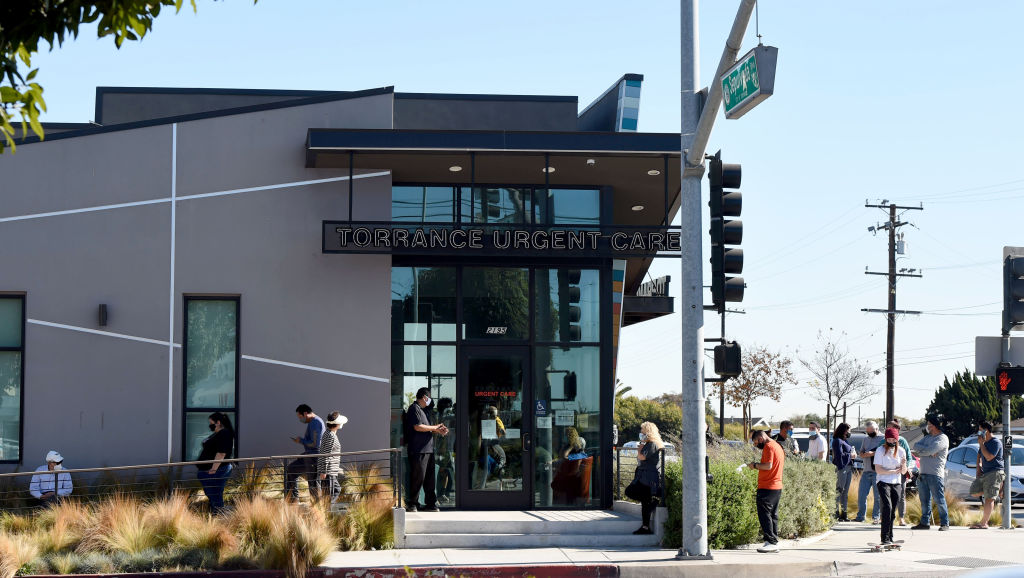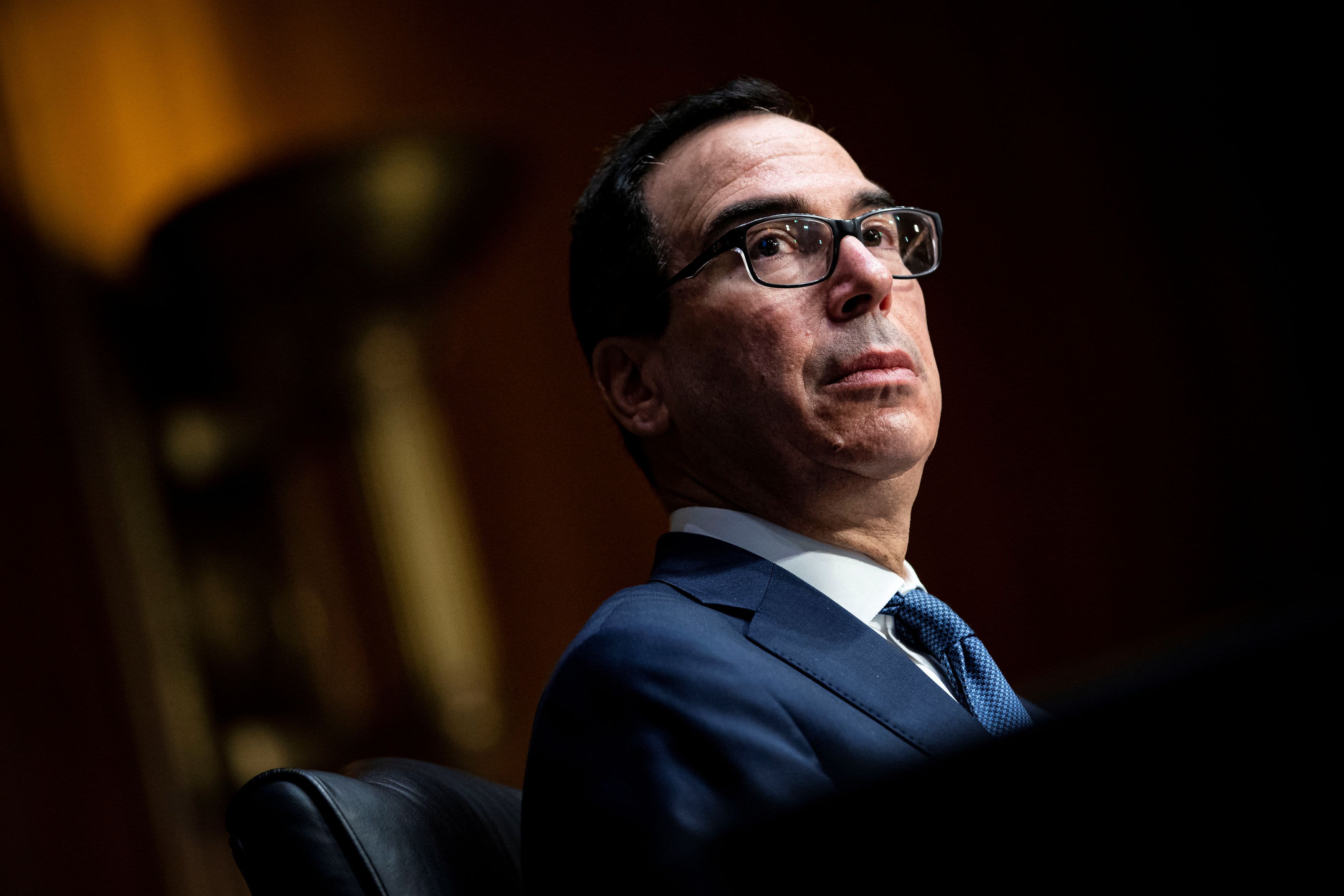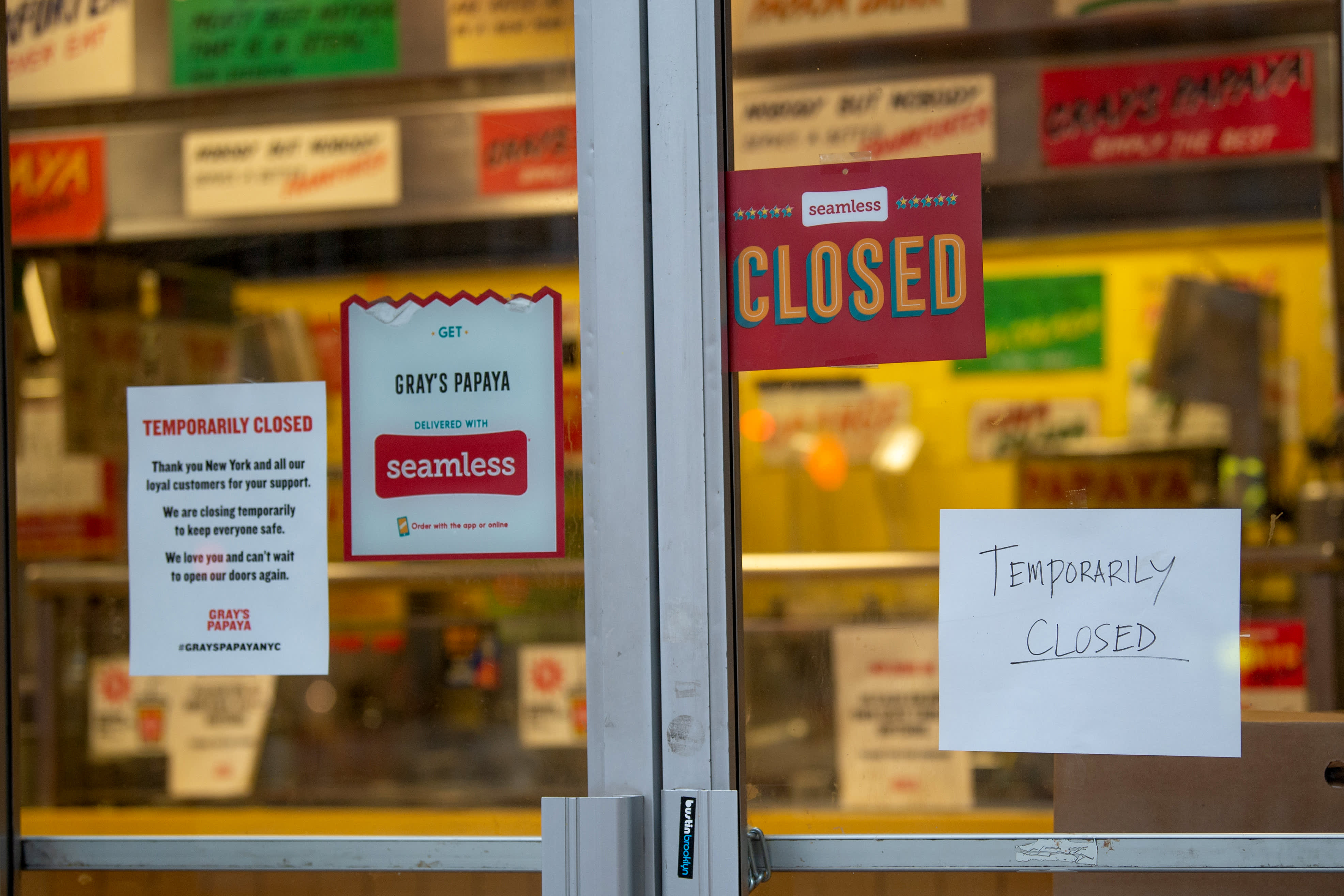The restaurant industry has been one of the hardest hit by the pandemic. Thousands of restaurants have permanently closed, and thousands more are trying to survive on their take-out service.
This has left millions of workers unemployed, and the industry desperate for help. But the latest news out of Washington doesn't look encouraging.
Cole's is one of the oldest restaurants in LA, known for its historic bar and French dip sandwiches. It's been through it all.
"This place has survived every world war," said owner Cedd Moses. "World War I, World War II, the pandemic of 1918, the great depression."
But this pandemic might take the restaurant down. Closed for nine months now, Cole's owes $90,000 in back rent - money the landlord is demanding. Moses says if the government doesn't give them some much-needed help, this iconic restaurant will have to close for good.
"The city and the county are doing nothing to support bars and restaurants," said Moses. "If anything, they're making it much harder for us to survive."
LA is giving a one-time $800 stipend to 4,000 unemployed restaurant workers.
But the I-Team learned 30,000 who applied got nothing. And for restaurant owners, there's been very little help.
"It's been gut wrenching and it's been scary," said restaurateur Caroline Styne. "It's really an impossible way to live."
Styne, who owns restaurants A.O.C., Tavern and Lucques, used to host diners on her restaurants' outdoor patios. But after the county told her to close, then open, then close again, she now relies on take-out only.
But Stye says it doesn't cut it. The only reason she hasn't thrown in the towel is to save the jobs of her remaining 40 employees.
"Doing take out is not a way to survive," said Styen. "We're losing money. We're just trying to lose as little as we can."
So Styne's made it a full-time job petitioning Congress to pass the Restaurants Act, a $120 billion stabilization fund. Restaurants could get money to cover lost revenue, and could also spend it on things like operating expenses, supplies and payroll.
Styne says many restaurants won't survive without it.
"The length of time it's going to take for us to get to a recovery is really long," said Styne. "It doesn't start with people getting vaccinations. It's way into the summer, if not into the fall, that we start to see people coming back to restaurants the way they used to."
The I-Team first reported on the efforts behind the Restaurants Act months ago. The majority of Congress supports it, yet, it's failed to push it through.
"Being ignored feels so unjust," said Styne. "I have to say, it's unbelievable to me."
Styne says restaurants will be forced to rely on another round of PPP loans, which is included in the new relief package. But she says those don't work for her industry because it limits how they can spend money.
In fact, fewer than 10% of independent restaurants have taken a PPP loan. But for now, that's all restaurant owners are left with, until lawmakers directly help their struggling industry and the millions of workers it employs.
"The bars and restaurants are the souls of the community in a lot of ways," said Moses. "It's just a shame we're treated like second class citizens for being in this business."




